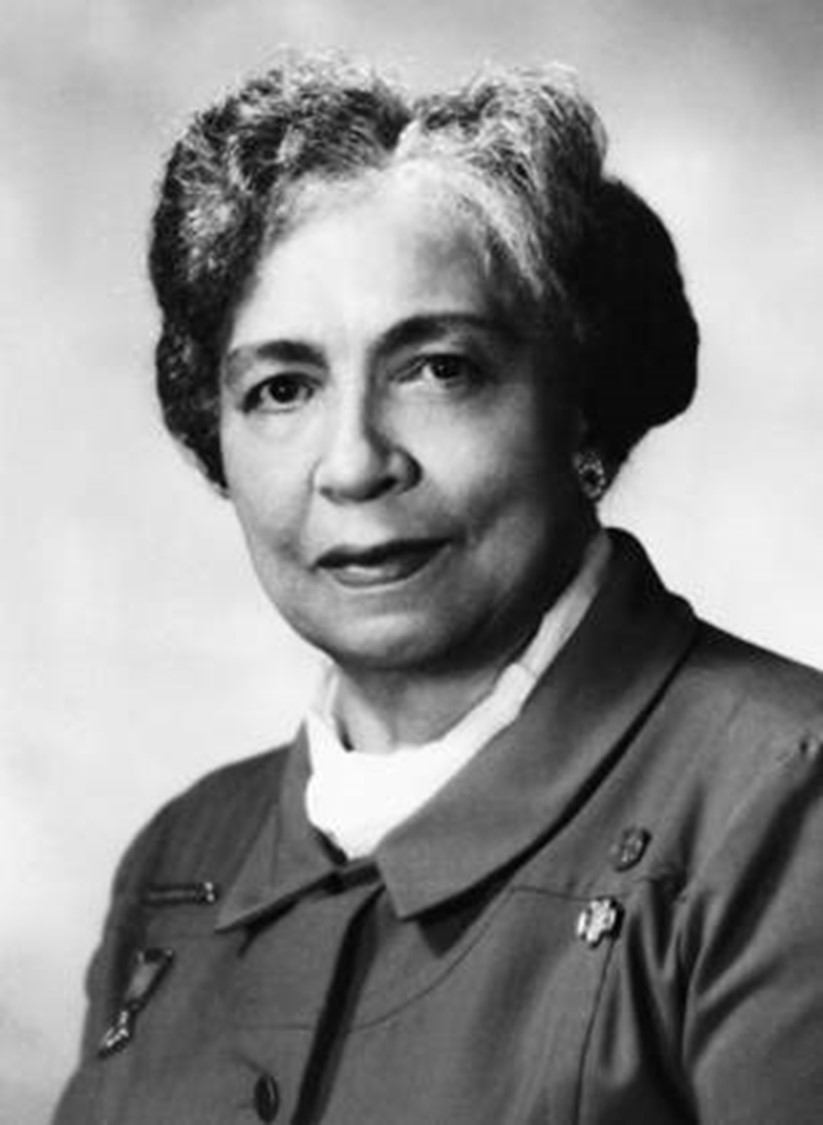Dr Dorothy Boulding Ferebee and the Mississippi Health Project
Dr Dorothy Boulding Ferebee (1898-1980) was a pioneering African American female physician and health campaigner, who led an innovative volunteer programme during the Great Depression to provide free health services to rural Black Americans in the South.
Born in Virginia, and a graduate of Simmons College (1920) and Tufts Medical College (1924), Ferebee believed in voluntarism, racial equality, and health activism. After completing her medical internship at Freedmen’s Hospital in 1925, she joined the faculty at Howard University, opened a practice in a deprived area of Washington, D.C., and established a charitable treatment facility for Black Americans. These experiences gave Ferebee the insight, motivation, and networks to expand her commitment to health activism beyond Washington.
During the Great Depression, Ferebee accepted the invitation of philanthropist Ida Louise Jackson to head the newly established Mississippi Health Project (1935 to 1942). Under Ferebee’s leadership, this ambitious project aimed to use mobile clinics to provide deprived rural Black communities with basic medical and public health services, including vaccinations and venereal disease treatments, as well as physical examinations, dental hygiene, clothing, and food. Ferebee recruited participants based on experience and worked closely with members of the Alpha Kappa Alpha sorority as a source for volunteers.
The Mississippi Health Project helped to tackle some of the most glaring health disparities in the region. It brought national awareness to the challenges faced by rural African Americans because of racial segregation, prejudice, violence, isolation, and poverty. It also contributed to the reduction of malnutrition and the incidence of certain diseases, such as diphtheria and smallpox. Although the project lacked adequate funding and faced the opposition of suspicious white plantation owners, its successes highlighted Ferebee’s commitment and leadership, as well as the importance of voluntarism and grassroots health activism.
Further Reading:
Susan L. Smith, Sick and Tired of Being Sick and Tired: Black Women's Health Activism in America, 1890-1950 (University of Pennsylvania Press, 1995), Chapter 6. Sharecroppers and Sorority Women.
